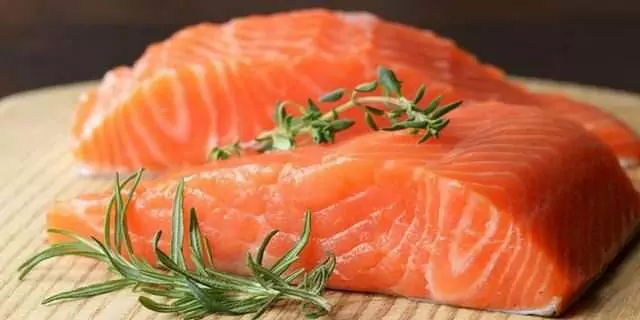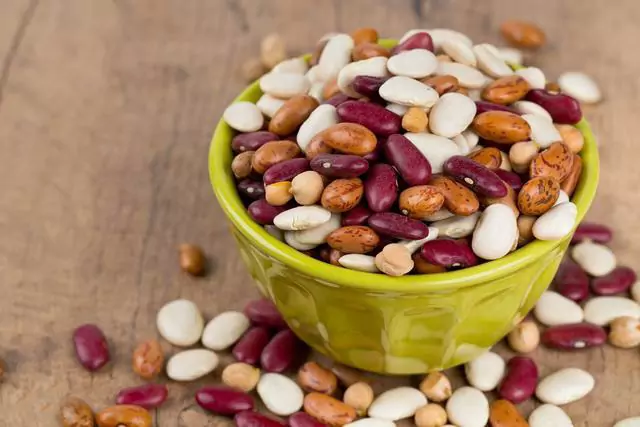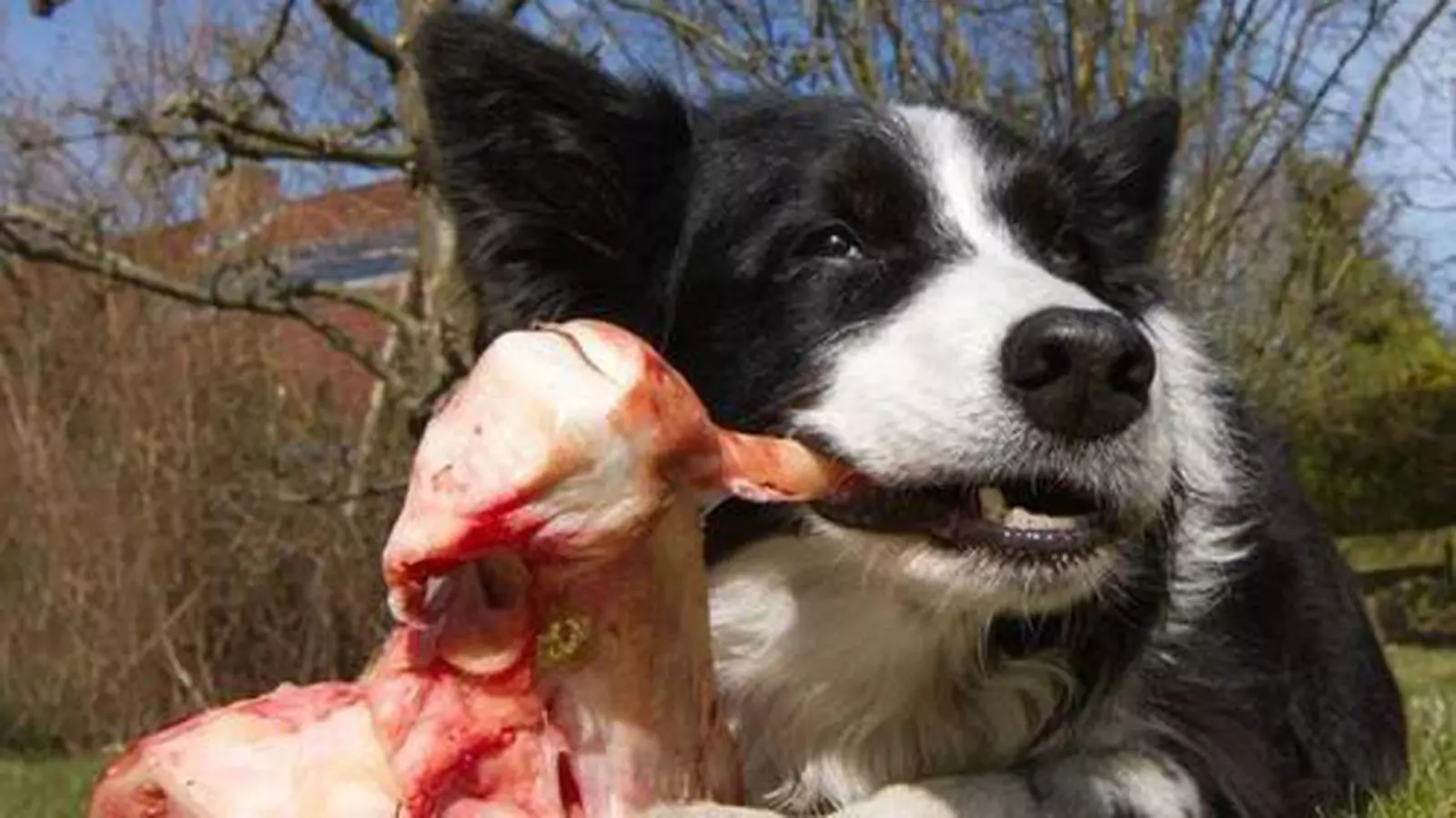Can dogs eat salmon? What are the benefits of salmon for dogs
2022-06-22
Can dogs eat salmon
1. Dogs can eat salmon. It contains a lot of protein, fatty acids and various amino acids, which can give nutrition, beautify the coat and strengthen the body. However, raw salmon contains many germs and needs to be frozen and cooked before it can be given to dogs, although salmon freeze-dried is easier to eat. Many dog owners will feed their dogs a variety of things in the process of raising their dogs, in addition to dog food, they will feed their dogs some vegetables or fruits, sea fish and other things. Many owners will feed their dogs salmon to eat.
2. Dogs eat salmon has many benefits. Salmon is very good for the dog's hair, can make the dog's hair beautiful, while occasionally feed the dog salmon to eat, but also can effectively improve the dog's taste, which can increase the dog's appetite.
3. salmon as dog food also has disadvantages. The price of salmon is still quite high, so if you often give your dog salmon, just to buy salmon, is also a considerable amount of money. Also if you give your dog too much salmon, the dog may suffer from indigestion.
4. The practice of salmon. If the dog simply eats salmon, many dogs may not be able to accept or do not like to eat, you can follow the following method to make salmon for dogs, directly prepare some dog food, then take some salmon and carrots, the three things are crushed some, crushed and mixed together, and then add an egg inside to make a ball, steamed out and then give the dog to eat can be.

Can a 3-month-old dog eat salmon
1. No, you can't. Salmon belongs to the meat, suitable for dogs over three months old, if the dog is edible age, the dog owner should feed the dog a small amount for the first time and wait for its gut to adapt.
2, feeding directly to the freeze-dried salmon into the dog's mouth, or freeze-dried salmon into warm water to soak, waiting for it to absorb water to become the original watery look, and then give the dog to eat, the dog can eat to replenish water and nutrition, killing two birds with one stone. The dog owner can also crush the woof product jelly, sprinkle the mince into the dog food, stir evenly and then put under the dog's nose, the dog smells the freeze-dried aroma, will be happy to eat.
3, the dog owner to buy freeze-dried salmon from vendors, or buy counterfeit products, the dog may eat it may cause harm to its body, so dog owners try to go to the larger platform software to buy freeze-dried, pay attention to check the freeze-dried ingredients list to see if there is too much added preservatives, to see the shelf life and production date has not expired, if the information is clear, and there are no problems, then you can buy this freeze-dried back. If the information is clear and there is nothing wrong with it, then you can buy this freeze-dried and try it out on your own dog.
What are the benefits of salmon for dogs
Salmon is a saltwater fish that is native to Alaska, the Pacific Northwest and the California coast. It is a finfish and belongs to the salmon family. They are related to trout, char, river trout and whitefish. It is a popular dish, rich in fat, and full of nutrients that can help reduce the risk of many diseases. It is also a very versatile fish that can be prepared in many ways for you and your dog. Salmon has many dense nutrients that can be beneficial to your dog's health. For example, it is high in eicosatetraenoic acid (EPA) and docosahexaenoic acid (DHA), which are both long-chain omega-3 fatty acids. These are some of the benefits of consuming EPA and DHA for your puppy.
Regulates the immune system
May reduce inflammation that can lead to diseases such as arthritis
Improves your dog's coat and skin health
Can help prevent certain skin allergies that your dog may develop
Helps with inflammatory bowel disease
Helps produce more collagen in the dog's system
May help with fetal brain development in pregnant dogs and puppies
May fight heart disease, lower blood pressure and triglycerides
Helps slow the growth of cancer cells
Promotes healthy weight loss in overweight dogs
Provides support for dogs with kidney disease and problems
Improves cognitive function in older dogs
Helps reduce joint problems in older dogs
In addition to EPA and DHA omega-3 fatty acids, salmon contains vitamins A, D and B, as well as healthy minerals such as zinc, potassium and magnesium.
Disadvantages of long-term salmon consumption in dogs
The bad things about salmon for dogs over a long period of time include picky eating, dogs may not like dog food anymore and must have meat to eat. Eating too much salmon may also have an imbalance in the calcium to phosphorus ratio, leading to a nutritional imbalance in your dog, which is not particularly good for your health.
There are many benefits of long-term dog salmon, salmon is rich in astaxanthin, with a strong antioxidant effect; Omega3 fatty acids in salmon also help to reduce and control dog skin inflammation, such as dryness, itching, dander, hair loss and other problems; accelerate the metabolism of the dog's body, enhance skin immunity, and effectively protect the health of the skin environment. And can make the dog's coat better, brighter and softer.
You should always ask your veterinarian before changing your dog's diet. But the main thing to focus on when feeding your dog salmon is the way it is prepared. Do not feed your dog raw or undercooked salmon. Raw salmon can contain parasites and bacteria, especially a parasite called Neorickettsia. This parasite can cause salmon poisoning, even fatal. Some of the signs of salmon poisoning in dogs are: fever, vomiting and diarrhea, loss of appetite, weakness and lethargy, depression, extreme weight loss, dehydration, and swollen lymph nodes. Diseases and symptoms can vary, so if you notice any of these symptoms in your dog, be sure to bring him to your veterinarian immediately. The sooner you get your dog properly treated, the better their chances of survival. In addition to raw or undercooked salmon, there are many brittle and small bones within that fish. Make sure the salmon you feed your pups is boneless to prevent choking or digestive damage.
Health risks of giving raw salmon to dogs
1. The well-known parasitic diseases. Flukes, raw or partially cooked salmon may contain a flat, worm-like parasite called a fluke. If your dog eats salmon infected with parasites, he may experience vomiting, diarrhea, dehydration and other symptoms.
2. There is a more serious, salmon poisoning disease that affects only canines. Raw or partially cooked salmon can also contain Neorickettsia, a bacterium that causes a disease called salmon poisoning disease. Salmon poisoning can cause, fever, vomiting, diarrhea, dehydration, swollen lymph nodes, and possibly death within 14 days (if not treated). Signs of salmon poisoning do not appear until about five to seven days after eating raw fish, making it difficult to link the sudden onset of clinical symptoms to fish eaten a few days earlier. Raw and undercooked salmon may contain parasites and bacteria that can make your dog sick, so be sure to cook salmon thoroughly before giving it to your dog. Tips for feeding salmon to your dog Salmon is thoroughly cooked before feeding it to your dog. The U.S. Department of Agriculture (USDA) Food Safety and Inspection Service recommends cooking fish to a minimum internal temperature of 145掳F (63掳C).
1. To feed puppies, the fish must be completely boneless and skinless.
2. Pre-cooked canned salmon is a safe choice, but stick to salmon that has been dipped in water, not brine or oil.
3. Stay away from smoked salmon, as it has a high salt content and the smoking process does not eliminate harmful parasites and bacteria.
Was this article helpful to you?
Other links in this article
Comments

Is a dog's mouth cleaner than a human's? Dogs' mouths need regular cleaning

Can dogs eat beans? Do dogs eat beans for health?

Can dogs eat lemons? Fruits that dogs should not eat more of

Do dogs have nightmares? Are dogs' dreams similar to humans'?

Can dogs eat raw beef? The benefits and drawbacks of beef for dogs

Is raw meat good for dogs? Can dogs eat raw chicken?

Can dogs eat pomegranates?

Can dogs eat ham?Can all types of ham hocks be eaten?

How to give a dog a bath

Can dogs eat kimchi?










